Meet AIR's Experts
AIR’s staff have deep expertise in the topics that touch our daily lives: education, health care, work, and everything in between. Their contributions help fulfill AIR’s mission to contribute to a more equitable world. Through our Meet the Expert feature, get to know some of AIR’s key staff, learning what drives and keeps them going, the work they find most meaningful, and even a little bit about how they spend their personal time.
Illustrations by AIR's Rick Burks.
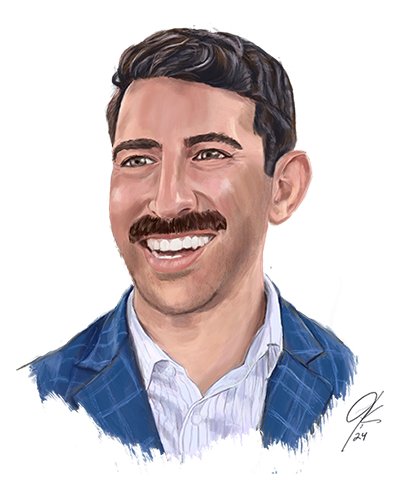
Jaspal Bhatia
Jaspal Bhatia works with the AIR Equity Initiative, where he leads the Public Safety and Policing grant portfolio and supports the Educational Equity work. In his Q&A, he discusses common misconceptions about our justice system, goals for the Equity Initiative's justice portfolio, and how creating access to education, health care, and meaningful jobs can do more for public safety than heightened police presence and incarceration.

Juan Bonilla
Juan Bonilla studies agricultural development, nutrition, social protection, and education policy as part of AIR's International Development Division. In his Q&A, he discusses misconceptions about diet diversity, the promise of AI for farmers, and how orange-fleshed sweet potatoes are improving maternal and infant health in Tanzania.

Dia Jackson
Dia Jackson supports states, school districts, and educators with multi-tiered systems of support and special education best practices. In her Q&A, she talks about how she uses evidence to help teachers understand student needs and why it's important to study education and equity in tandem.

Karla López de Nava
Karla López de Nava studies health policy with a focus on Medicare payment models. Read her Q&A to find out how she uses advanced statistical analyses to evaluate value-based care models on their design, operation, and implementation.
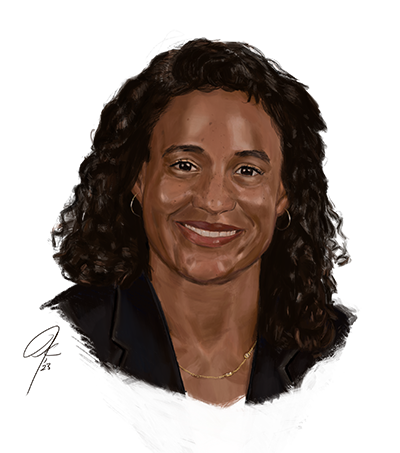
Candace Hester
Candace Hester’s work addresses systemic social inequities at the intersection of the justice and education systems. She leads rigorous evaluations for programs designed to empower communities and reimagine opportunities for justice-involved youth. She is also a member of the teaching faculty at the University of California, Berkeley’s Goldman School for Public Policy.

Pooja Reddy Nakamura
Pooja Reddy Nakamura focuses on foundational learning and multilingual education and has overseen projects in over 20 countries to understand how early literacy is acquired in complex, multilingual contexts. In this Q&A she shares how governments are using evidence to improve national literacy, the benefits of multilingualism, and tactics that help sustain literacy programs.

Brandy Farrar
Brandy Farrar uses mixed methods to identify evidence-based best practices for health care policies and services. Here she talks about her research experience, which spans a variety of organizational settings, including hospitals, nursing homes, government agencies, and educational institutions.
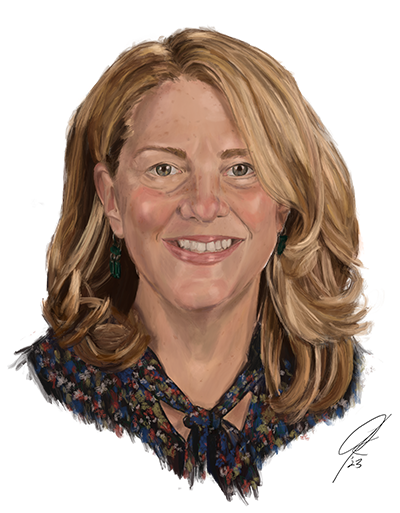
Susan Therriault
Susan Therriault is an education researcher whose work straddles equity, K-12 school improvement, and policy. Her most recent projects bring together research and practice around the ongoing effects of COVID-19 on educational outcomes. Here she describes her career and her work with the COVID-19 Equity in Education project.

Markus Broer
Markus Broer provides expert advice and research support to the National Assessment of Educational Progress (NAEP), which benchmarks the educational achievements of K-12 students in the United States. In his Q&A, he explains how NAEP allows for apples-to-apples comparisons across states and districts, how AIR helps validate NAEP's results, and important trends in educational outcomes.
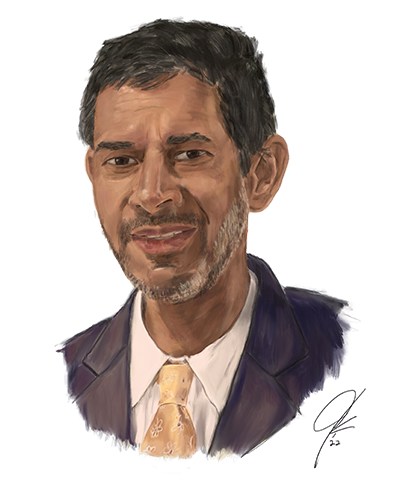
Ashu Handa
Ashu Handa is an economist whose work centers on global poverty, health, and human development in sub-Saharan Africa. In his interview, he explains how cash transfer programs have the potential to create long-term, multi-generational change; what piqued his interest in poverty research and alleviation; and how his international background shapes his work.

Carol Pier
Carol Pier is passionate about international workers' rights because "few other areas of international development provide the same opportunity to decrease the global wealth gap." In this interview, she explores the power of this work, common public misconceptions around international labor issues, and more from her 20+ year career.

Dean Gerdeman
Dean Gerdeman leads AIR projects that create rigorous, accessible evidence to help address challenges in education ranging from teacher training and development to disparities in student outcomes. In his interview, he considers the past, present, and future of education in the United States, including virtual schooling, teacher shortages, and the long-term outcomes of the pandemic.

Melissa Hafner
Melissa Hafner, a health policy researcher at AIR, recently conducted a study on dually-eligible individuals—patients who receive both Medicaid and Medicare benefits. In her interview, she discusses those findings, how American healthcare is evolving, and her personal journey to this line of work.
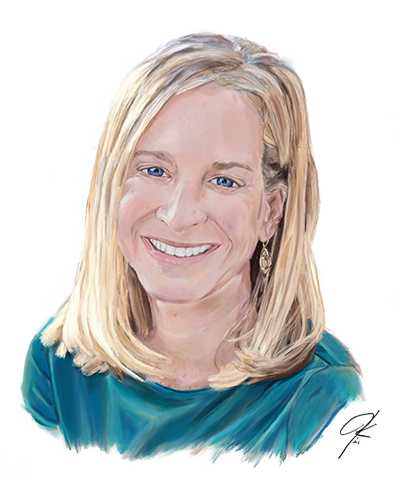
Kathleen Murphy
Individuals with disabilities continue to be excluded from employment at disproportionate rates. Kathleen Murphy, a principal investigator for AIR’s Center on Knowledge Translation for Disability and Rehabilitation Research, discusses the common misconceptions and barriers these individuals face, and how new technologies are opening doors—while closing others.
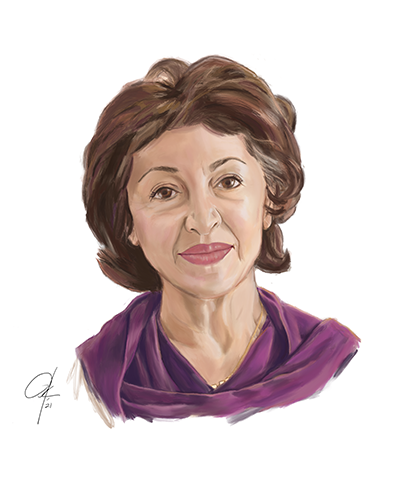
Jaleh Soroui
Jaleh Soroui leads the AIR team that provides expertise, technical assistance, and management for the U.S. Department of Education’s National Center for Education Statistics (NCES). Throughout her career, Jaleh has been at the forefront of incorporating education technology into adult education.

Amanda Latimore
Amanda Latimore, who leads AIR's Center for Addiction Research and Effective Solutions (AIR CARES) and teaches social epidemiology at the Johns Hopkins Bloomberg School of Public Health, discusses how education, the employment system, housing, health care, and social context all play a role in her work—and the impact of the pandemic on substance disorders.
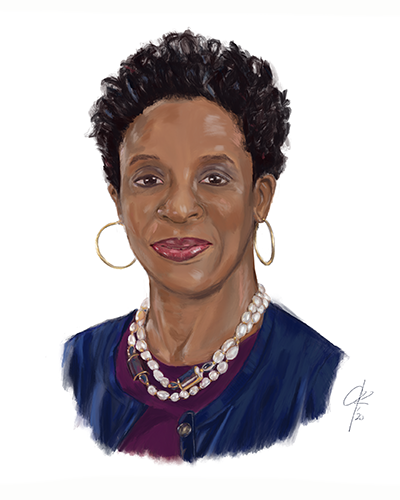
Karen Francis
Karen Francis, a medical sociologist by training, leads AIR’s Office of Diversity and Inclusion. AIR's work in diversity, equity, and inclusion is not limited to a single department or program; it is strategically embedded into every aspect of the organization. In this interview, Karen explains this comprehensive strategy—and why it is essential for real progress.

Joshua R. Polanin
Josh Polanin, principal researcher and project director for AIR’s What Works Clearinghouse, discusses his experience in quantitative methodology, particularly systematic review and meta-analysis, which allows him to design and lead studies across the field of education research.
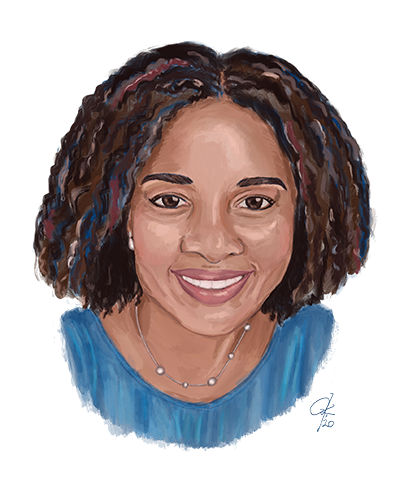
Eboni Howard
Eboni Howard is a nationally recognized expert in child and family development, implementation science, and mixed-methods evaluation approaches. In this interview, she describes her work on such topics as early childhood systems change, Quality Rating and Improvement Systems, and professional development.
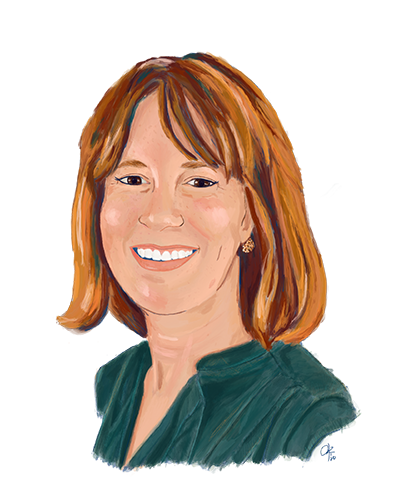
Allison Gandhi
Allison Gandhi directs and implements large research projects at AIR and oversees the organization’s special education practice area. Find out what she thinks are trends to watch in special education over the next 5-10 years.

Roger Jarjoura
Roger Jarjoura is on the leadership team for AIR’s National Reentry Resource Center, funded by the U.S. Department of Justice. In his interview, he says the reason why the United States has such a high rate of incarceration "is not because of rocketing crime rates, but because our justice system involves punitive practices."

Samia Amin
Samia Amin leads the workforce development practice at AIR. She’s helped federal, state, local, and international governments and foundations develop and refine workforce programs. Find out more about her work using methods such as behavioral insights, human-centered design, and research-driven pilot programs for continuous program improvement.

Thomas de Hoop
Thomas de Hoop is a development economist, with 15+ years of experience designing, implementing, and leading impact evaluations and systemic reviews. Read what motivated him to choose this path–and what advice he has for people wanting to pursue a career in social science research.
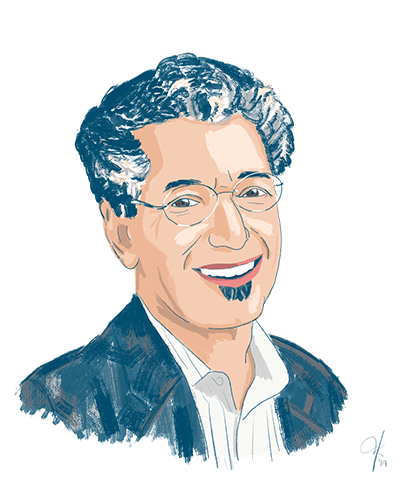
David Osher
David Osher, vice president and Institute Fellow, works across a variety of topic areas—including social and emotional learning, school and community mental health services and interventions, school climate and conditions for learning, and implementation science and data use—both domestically and internationally. Find out what he's learned in his 50+ year career, and what he thinks is the future of violence prevention in schools.
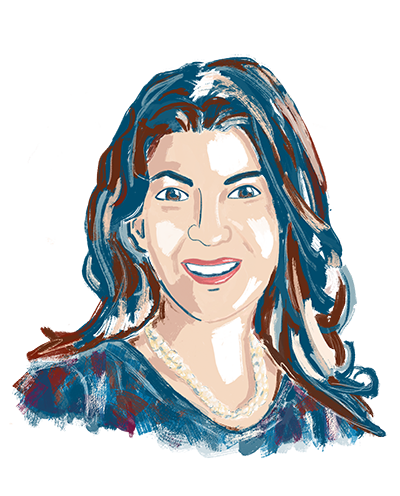
Deborah Moroney
Deborah Moroney specializes in bridging research and practice, having worked as a staff member for out-of-school programs early in her career. She's written practitioner and organizational guides; co-authored the fourth edition of “Beyond the Bell®, A Toolkit for Creating High-Quality Afterschool and Expanded Learning Programs,” and co-edited Creating Safe, Equitable, Engaging Schools: A Comprehensive, Evidence-Based Approach to Supporting Students. Find out what she thinks makes a great out-of-school program.
Meet the Expert Archive

Alicia Garcia
Alicia Garcia, a principal policy analyst at AIR, has spent much of her career seeking to make improvements to state- and district-level education policy. In her interview, the former attorney talks about why she transitioned from education law, and what's changed in the field in the last 15 years.

Ann-Marie Faria
AIR early childhood development and education expert, Ann-Marie Faria focuses on quantitative research in early childhood settings, drawing on her experience as a former kindergarten and elementary school teacher. Read about how her experience as a foster mom has changed her perspective on her research.
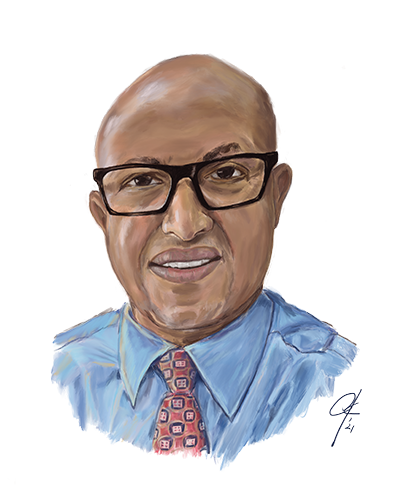
Mehari Belachew
In his 25+ years running medium- and large-scale surveys in Africa, Mehari Belachew has learned to expect the unexpected. In this interview, he talks about the obstacles that can derail survey design and data collection in this region of the world—and how preparation and flexibility can overcome them.